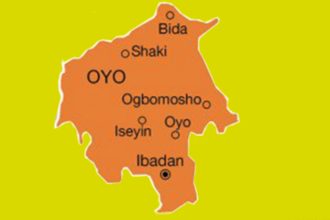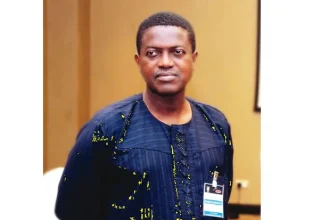The Federal Government has taken a significant step to reduce the spread of malaria in Nigeria by appointing prominent business leaders Aliko Dangote, Femi Otedola, and Tony Elumelu to spearhead new efforts aimed at eradicating the disease.
The Minister of State for Health and Social Welfare, Dr. Tunji Alausa, announced this at the inauguration of the Nigeria End Malaria Council in Abuja. Speaking at the event, Alausa highlighted the severity of the malaria problem in Nigeria, stating, “It is no longer news that Nigeria contributes more than a quarter of global malaria cases and about a third of the over 600,000 deaths, mostly among children and pregnant women.”
Describing the situation as “sad,” the minister added that malaria is responsible for about 25 to 30 percent of childhood mortality and approximately 60 percent of hospital visits in the country. He also pointed out that malaria leads to significant absenteeism in schools, markets, and workplaces and results in high out-of-pocket expenses for most households.
Alausa explained that despite Nigeria’s population of over 200 million being at risk of malaria, the current interventions, such as providing antimalarial medicines, preventive treatments, and treated nets, are inadequate. “While malaria cases and deaths are shrinking in other countries, Nigeria has continuously recorded higher numbers of cases,” he lamented.
Aliko Dangote, who has been appointed as the leader of the council, emphasized the importance of this mission. Speaking at the meeting, he said, “I want to appreciate your acceptance to serve our beloved country in this capacity, and I am glad to join hands with you to reduce the burden and deaths due to malaria in Nigeria.” He urged the council to tackle malaria head-on, stressing the collective strength of its members from various sectors, including government, civil society, religion, and business.
Dangote outlined the council’s primary objectives, which include ensuring that malaria elimination remains a top priority in Nigeria. He noted that this goal is achievable with strong political commitment from leaders at all levels and adequate funding. “The council must be alive to its responsibility of protecting the progress made so far, sustaining it, and ensuring that the country is on an irreversible pathway to ending malaria,” Dangote added.
The minister also handed over the leadership of the council to Dangote, acknowledging his previous role as Nigeria’s Malaria Ambassador and a member of the Global End Malaria Council.
Council members, including Dangote, Otedola, and Elumelu, are expected to mobilize the necessary funds and resources to eliminate malaria in Nigeria. The Nigeria End Malaria Council secretariat, led by Executive Secretary Mr. Ope Abegunde, was also officially handed over to the council during the event.










